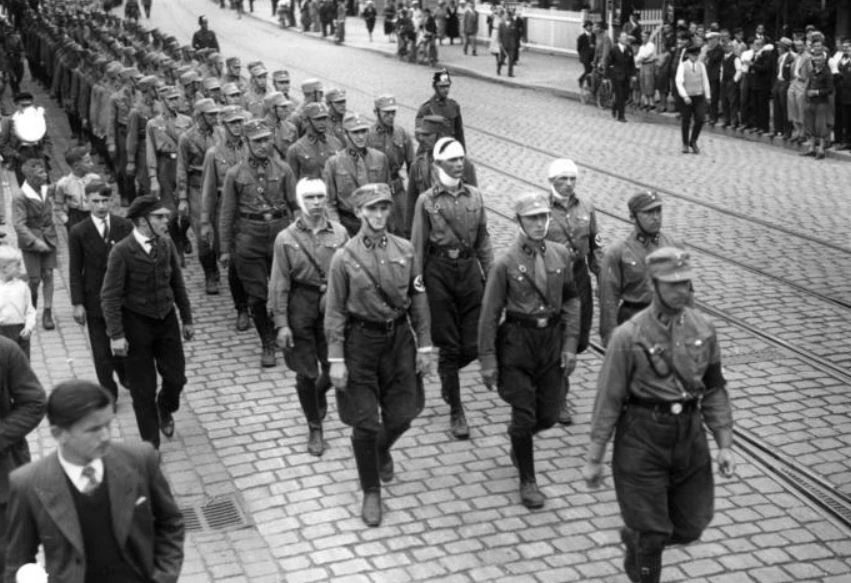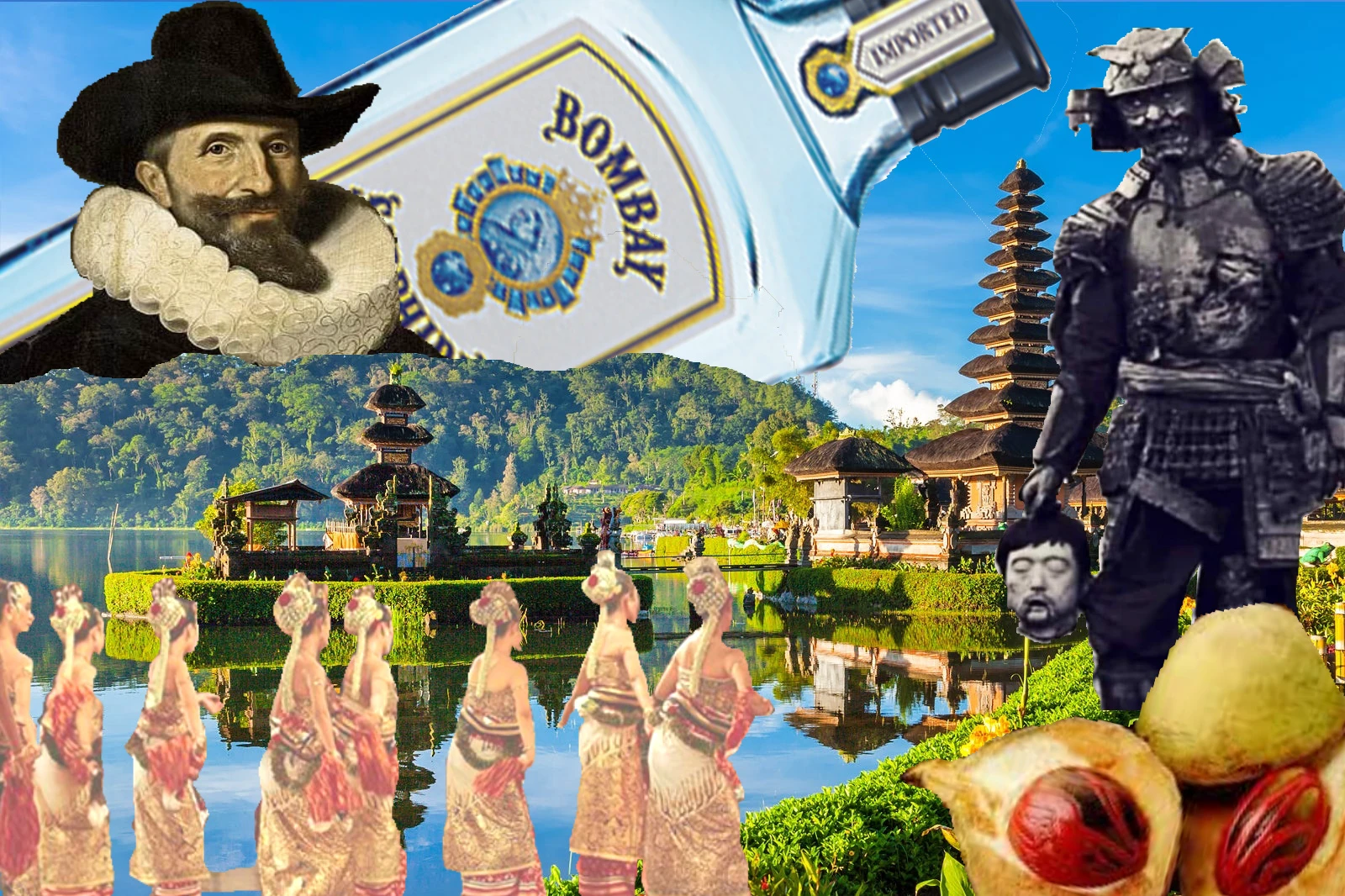Discover Prussian Socialism Podcast on Odysee
Prussian Socialism Podcast on Odysee
Prussian Socialism Podcast on Odysee
Author: Prussian Socialism Podcast
Subscribed: 57Played: 4,738Subscribe
Share
Description
European history and culture.
Hosted by Gregory Conte.
You can buy my *Be a Hero: Revolution by Legal Means* from Invisible Empire Publishing. A whirlwind tour of history, philosophy and best of all, HARDCORE ACTION in the streets and the courts, "Be a Hero" is a perspective on American political organizing that you cannot get ANYWHERE ELSE!
GET YOUR COPY TODAY:
https://www.invisibleempirepublishing.com/books-2/be-a-hero-revolution-by-legal-means/
Hosted by Gregory Conte.
You can buy my *Be a Hero: Revolution by Legal Means* from Invisible Empire Publishing. A whirlwind tour of history, philosophy and best of all, HARDCORE ACTION in the streets and the courts, "Be a Hero" is a perspective on American political organizing that you cannot get ANYWHERE ELSE!
GET YOUR COPY TODAY:
https://www.invisibleempirepublishing.com/books-2/be-a-hero-revolution-by-legal-means/
43 Episodes
Reverse
The fall of Western Rome is a story usually told looking northward. Roman and Greek historians tell us a tale of decay and destruction brought about by wild-eyed northern savages.But what did it look like from the other side? How did the Germanic peoples view the fall of Rome, arrival of Christianity, and the rise of early European kingdoms?In this lecture, Gregory Conte reconstructs the "barbarian" migrations (die Völkerwanderungen) from the northern point of view, through Germanic legends and romanized Germanic historians. What do we know about early Germanic language, culture, religion, law and government? How did the Germans advance from the petty tribes of Arminius' day (c. 9 AD) to the vast kingdoms in the era of Theodoric the Goth (c. 500)? And perhaps most importantly, how did the mingling of the Germanic and Latin-speaking peoples form the basis of European culture?____________________I haven't posted in a while. I've been very busy writing a book for the last few months. Now it's OUT!You can buy my "Be a Hero: Revolution by Legal Means" from Invisible Empire Publishing. A whirlwind tour of history, philosophy and best of all, HARDCORE ACTION in the streets and the courts, "Be a Hero" is a perspective on American political organizing that you cannot get ANYWHERE ELSE!GET YOUR COPY TODAY:https://www.invisibleempirepublishing.com/books-2/be-a-hero-revolution-by-legal-means/
From Samurais to Kamikazes, banzai-charges to ritualized suicide and months-long anime shows, the Japanese are known for one thing: Being really, really intense about everything.So of course, when the Western Great Powers began encroaching in East Asia, the Japanese were spurred into a feverish drive to catch up everywhere... in technology, in science, in organization and above all, in war.After whooping the Russians, the Chinese, the British, and throwing the Americans out of the Philippines, their furious expansion was stopped and rolled back only by America's massive material power. The Japanese got their once-in-a-millennium chance to prove themselves the most hard-core people in all of history. Did they succeed?Join Gregory Conte and January Sixer Christian Secor as we discuss Western Civilization's most explosive rival.Check out Christian's book "The American Regime" from Antelope Hill Publishing https://antelopehillpublishing.com/product/the-american-regime-by-an-anonymous-j6-prisoner/and Christian's articles at Counter Currentshttps://counter-currents.com/author/christian-secor/And don't forget to get Greg's book "SIEG HEIL: German for Beginners" from Invisible Empire Publishinghttps://www.invisibleempirepublishing.com/books-2/german-for-beginners-by-gregory-conte/
Between AD 270 and the late 500s, the Roman Empire declined and fell to Germanic invaders, while a new, Byzantine Empire arose in the East. At least, that's what it looks like. But states and peoples are different things. Sometimes a founding people dies, but its state lives on. That is what happened in Rome in the 3rd century. The original Roman people lost power to a new, hungry race of frontier-fighters: the so-called Illyrian Soldier-Emperors. Contrary to the common opinion, the Illyrian-Danubian emperors weren't the outcome of increasing "diversity" or "tolerance" of the Roman State. They were a new, as-yet-unnamed people, who--abandoned by the central government--took matters into their own hands. From Aurelian "the Restorer of the World" to Diocletian, Constantine the Great, Theodosius I and Justinian, these "Illyrians" built a state-within-a-state, kept the Roman Empire alive for two centuries, and carved out a new empire from its ruins. They restructured army, shook up the administration, and oversaw the most radical religious reform in European history. Theirs is the real history of the "late Roman" and "early Byzantine" empires.Only amidst the chaos of the Persian and Islamic invasions of the early 600s did the 300-year-old Illyrian regime succumb... when they were finally overthrown by a new breed of Cappadocian and Armenian officers.Join Gregory Conte for this myth-destroying lecture, as we examine the real meaning of Rome's last centuries; and the beginning of the 1000-year "Byzantine" state.
Julius Caesar resolved the Roman constitutional crisis the only way possible: by destroying the republic. Is America entering into a similar crisis?Join Greg and Romanized Visigoth (Roman) as we mull over the Roman past and the Faustian future from a Spenglerian viewpoint. Is Donald Trump the sort of fake-Caesar we Europeans and Americans can expect? Or can we shake off our Jewish overlords and build a civilization true to our own nature?Merry Christmas and Happy Yule.Roman's article in the Occidental Observer:https://www.theoccidentalobserver.net/2024/11/10/a-pretender-appropriate-for-the-age-donald-trumps-ersatz-caesarism/Previous Prussian Socialism episodes about Rome: https://odysee.com/@gregoryconte:2/Prussian-Socialism-Episode-15-The-Rise-of-Rome-and-the-War-with-Hannibal:2https://odysee.com/@gregoryconte:2/Prussian-Socialism-Episode-16-The-Disintegration-of-the-Roman-Republic:1
Prussian Socialism Episode 41: The Beerhall Putsch Trial of Adolf Hitler and Erich Ludendorff 1924Sixteen men killed. Dozens wounded. Blood on the cobblestones. The movement shattered. The police chasing down survivors. But the "Beerhall Putsch" was only half the story. The real test was in the courtroom. In 24 tense days of witness-examinations, speeches, and arguments--interrupted by hours of mind-numbing boredom--Adolf Hitler faced down the Bavarian authorities and the hateful and ignorant international press. In the streets, physical courage. In the courtroom, moral conviction. It takes both kinds of bravery to change history. While many Nationalists had had the courage to stare down the rifle-barrels of the Bavarian State Police, only Adolf Hitler had the steadfastness to lead them to victory in the trial that followed.His case? It is not my comrades and I who are guilty of treason... it's the Weimar government! Those traitors, who signed Germany's freedom away with the Treaty of Versailles. Hitler also blamed Bavarian State Commissar Gustav von Kahr. Because Kahr and the police had lead the Nazis to believe that they had official support.Sounds a bit like Donald Trump's treacherous actions on January 6th, no?The 1924 "Hitler-Prozess" made the NSDAP. No longer would the movement seek mere reactionary aims. Instead, it would shoot for revolutionary change!Join Gregory Conte and activist-organizer Rainhart of Nationalist Coalition as we discuss the trial and its outcome. What other parallels can we draw to today? What else can we lessons can we apply to today?_________________________________________________________________________For Prussian Socialism's coverage of the putsch itself, see episode 35:https://odysee.com/@gregoryconte:2/Prussian-Socialism-35-The-Hitlerputsch-100-Years:6_________________________________________________________________________You can buy Greg's detailed, rigorous and thoroughly Hitlerian German language textbook "Sieg Heil: German for Beginners" from Invisible Empire Publishers.https://www.invisibleempirepublishing.com/books-2/pre-order-sieg-heil-german-for-beginners-by-gregory-conte/The German textbook you always wanted, but never dared to ask for.
Ancient Greece is foundation of Western-European civilization. What makes it so special? The Greeks were the first to develop true philosophical inquiry. They led the way in literature, theater and art. But their most enduring accomplishment is the balance they found between the interests of the individual and those of his community. For the Greeks, all life was political. In this lecture, Gregory Conte traces out the basic facts of Greek history and culture from Troy to Alexander and suggests how the Greek example fostered the core idea of National Socialism: the common good before the individual good.
On November 9, 1923, Adolf Hitler and the NSDAP tried to throw of the yoke of international Jewish finance. Their attempt was defeated, but sowed the seed for the future Third Reich.
On April 16, 1300, Italian poet Dante Alighieri was the first living man to see Hell with his own eyes. Guided by Vergil, Dante is wrenched back and forth from fear to wonder, giddy glee to sheer, monstrous terror. He beholds the torments of popes and kings, Romans and Greeks, and no small number of his own personal enemies. This harrowing adventure inspired his masterpiece--and the greatest work of Italian literature--the Commedia.Seven centuries later, Prussian Socialism is retracing Dante's steps. Join us as we gawk and guffaw at Hell's latest inmates: Winston Churchill, the Hapsburgs, Bill Clinton, the Marquis de Sade, Chris Christie, the Jews, Boris Yeltsin, Tom Brady's wife, Napoleon and so, so, so many more.0:18:15 Circles 1-5: Virtuous Pagans, the lustful, gluttonous, avaricious & prodigal, the wrathful & sullen1:18:40 Circles 6 and 7: Heretics, murderers, squanderers, sodomites1:59:20 Circle 8: Panderers, flatterers, sorcerers, hypocrites, thieves, falsifiers etc3:10:15 Circle 9: Treachery3:53:00 Eternally devoured by Satan: Winston Churchill, Woodrow Wilson, Franklin D. Roosevelt, Otto Hapsburg, Claus von Stauffenberg 4:53:30 Beer Hall Putsch 100 Anniversary Hype Track
What is a Nation? Is it a state, a language-group, a race, or something else entirely? For years, the right-wing has riven itself with moronic disputes about whether this or that group is White... somehow overlooking entirely that race is only part of what makes a Nation.With reference to Hitler, Spengler, Yockey and Friedrich Meinecke, Gregory and realize that Our Nation is the yet-to-be-named Volk comprising Whites in North America, Western Europe and Australia, and its destiny must be the overthrow of international Jewish financial power. Either that, or dissolution and death.Thanks to de.metapedia.org for the excellent definition of "Nation":Nation (Volk): a human community that is linked by the same descent, the same racial basis, the same language and culture, the same customs, a common homeland and common fate (history) as well as collective historical consciousness.
Prussian Socialism Episode 32: El Cid and Richard the Lionheart. In Europe's centuries-long fight against Islam, the two greatest heroes were Rodrigo Díaz de Vivar "El Cid" and Richard I "the Lionheart". In Spain: El Cid (1043-99) led a band of champions to carve out a new Christian kingdom and defended it from the fanatical counter-attack of the blue-veiled Almoravids. His life inspired the first work of Spanish literature, the epic Poema de mio Cid.In Palestine: Richard "Cœur de Lion" (1157-99) led the English in the furious Third Crusade against the Arabian desert hordes. Forced to return to Europe before he could take Jerusalem, Richard won a reputation as the bravest man of his era, acknowledged even by his nemesis, the Sultan of Egypt, Saladin.Greg and William recount the historical facts and the mythic lore surrounding these two heroes, whose examples have inspired their countrymen for centuries.
For most historians, German history is Prussian history. The Prussian tradition from Frederick William I onward explains the high proficiency of German armies from 1870-1945. But what about the other German states? What about Austria and Switzerland? Was the Prussian style of war--emphasizing speed, offensive power and detailed planning--the inevitable outcome of German history? In his new book "Iron and Blood", historian Peter Wilson upturns this now conventional view. He attacks historians like Robert Citino (author of "The German Way of War") as being too focused on Prussia and too deterministic. Gregory Conte and William discuss Wilson's book and argue about what its new views might mean for the people of Western Europe and America and their evil and incompetent governments.
What is Islam? Who was Muhammad (PBUH)? Why should White people care? Join Gregory Conte for a fun-filled journey through Middle Eastern History.
Oswald Spengler believed that European Civilization could have one last act. Through "soul discipline" a new force could rise up to overthrow money-power and establish a great--but by no means perfect--order. In this lecture Gregory Conte draws on Decline of the West and Hour of Decision to explain Spengler's thinking on the rise and coming fall of the Western financial overclass.
In Mein Kampf, Hitler lays out quite clearly the principles of how to organize politically in the face of tough opposition. He also explains the importance of culture for bringing together workers and professionals. Gregory Conte and William continue their in-depth discussion of Mein Kampf, Book 1, Chapter 12. Happy 4/20.This episode is a sequel to Episode 26. However, either episode can be listened to independently.
Oswald Spengler's Decline of the West offered a radical new interpretation of history. Published at the end of WWI, Spengler attacks the conventional notions of how history should be written and studied. He posits that history should not be viewed as a world-wide series of developments leading to the present moment, but instead that there have been 8 great cultures, each lasting about 1000 years, with each undergoing an analogous series of spiritual, artistic and political developments.In this lecture, Gregory Conte outlines the basic ideas of Spengler's philosophy of history and applies them to today.
Adolf Hitler's Mein Kampf is the greatest political treatise of all time. Everyone knows Hitler's opinions on race, Jewish power, and international finance. But what are we supposed to do about it? Greg Conte and William bring you an in-depth discussion of Mein Kampf, Book 1, Chapter 12.Hitler's electrifying thesis: The working class is the key to taking your country back and ending financial slavery.
From the mists of ancient Denmark comes this tale of terror and heroism. Beowulf is the story of a Geatish hero who slays three powerful monsters in his life-long quest for fame and honor.Most literature--comic or tragic--tries to be subtle, thought-provoking, emotional. Beowulf is raw awesomeness. It is one of the few books that every young man ought to read and know.Greg Conte and Romanized Visigoth discuss the style and meaning of this Germanic epic poem. Beowulf translations mentioned:Howell D. ChickeringSeamus HeaneyJ. R. R. TolkienOther resourcesSeamus Heaney translation recited (part 1):https://youtu.be/AaB0trCztM0Benjamin Bagby recitation in Old English:https://www.youtube.com/watch?v=2WcIK_8f7oQ&ab_channel=The92ndStreetY%2CNewYorkBilingual Beowulf (MIT)https://www.mit.edu/~jrising/webres/beowulf.pdfOld English lessons online University of Texashttps://lrc.la.utexas.edu/eieol/engol
Romania lies at the edge of two great civilizations: Western-European and Slavic-Russian. For 300 years, it was a bastion against another: the Islamic. Through it all, Romanians, Hungarians and German settlers (Siebenburger Saxons) fought Europe's common enemies, and--often enough--each other. In the 19th and 20th centuries, yet another element came into play: the political ideologies of Communism and Fascism.This history leads Jazzhands and Greg Conte to ask: What is our political community? Is it our country, our race, or something in between?
Christmas... the best day to talk about politics with your real community. No matter how you figure it: A popular mass movement is the only way to overthrow the Jewish overlordship of America and Europe. By no other means will the political condition of Whites be bettered.Greg Conte and William pull apart every idiotic "strategy": infiltration, hoarding-money, pet-issue organizing--you name it.Everything but an open and honest fight! There is only one way. You know which one. End-song: Siehst du im Osten das Morgenrot by WolfnachtMid-song bits: Eine Muh, eine Mäh
For four centuries, Indonesia--the world's largest archipelago--was ruled by the Dutch. Who knew? Famed as a source of cash crops like nutmeg, coffee, indigo, and sugar, the Dutch East Indies was the jewel of the Dutch Empire.Greg Conte and William discuss the strange and exotic chapter in colonial history.Books mentioned:Bernard Vlekke, The Story of the Dutch East IndiesRoger Crowley, The Conquerors (about the rise of the Portuguese Empire in the Indian Ocean)[TRIGGER WARNING: There are many tasteless jokes at the expense of Dutch people, Dutch "language", and Dutch "culture" in this episode.]
Comments
 United States
United States

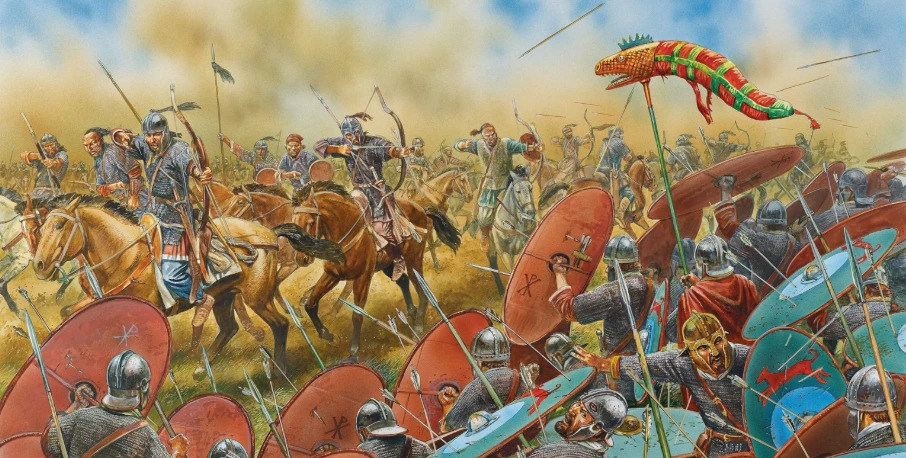
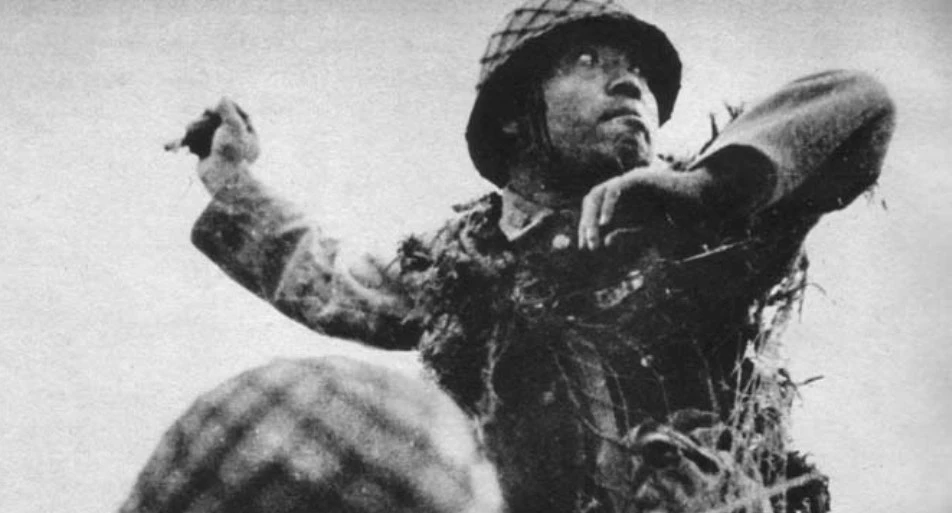
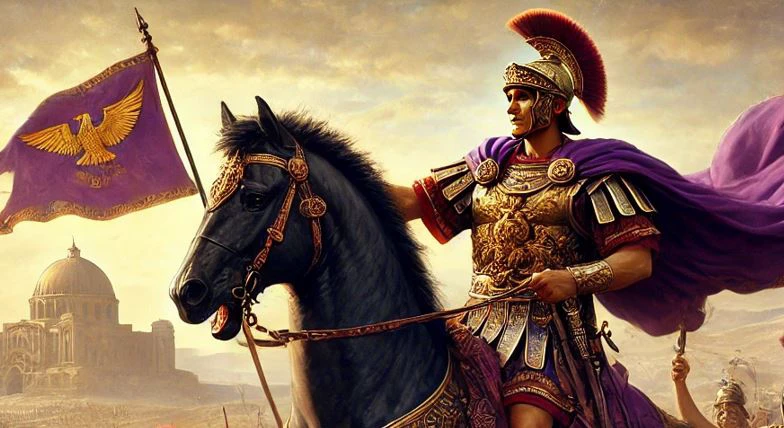
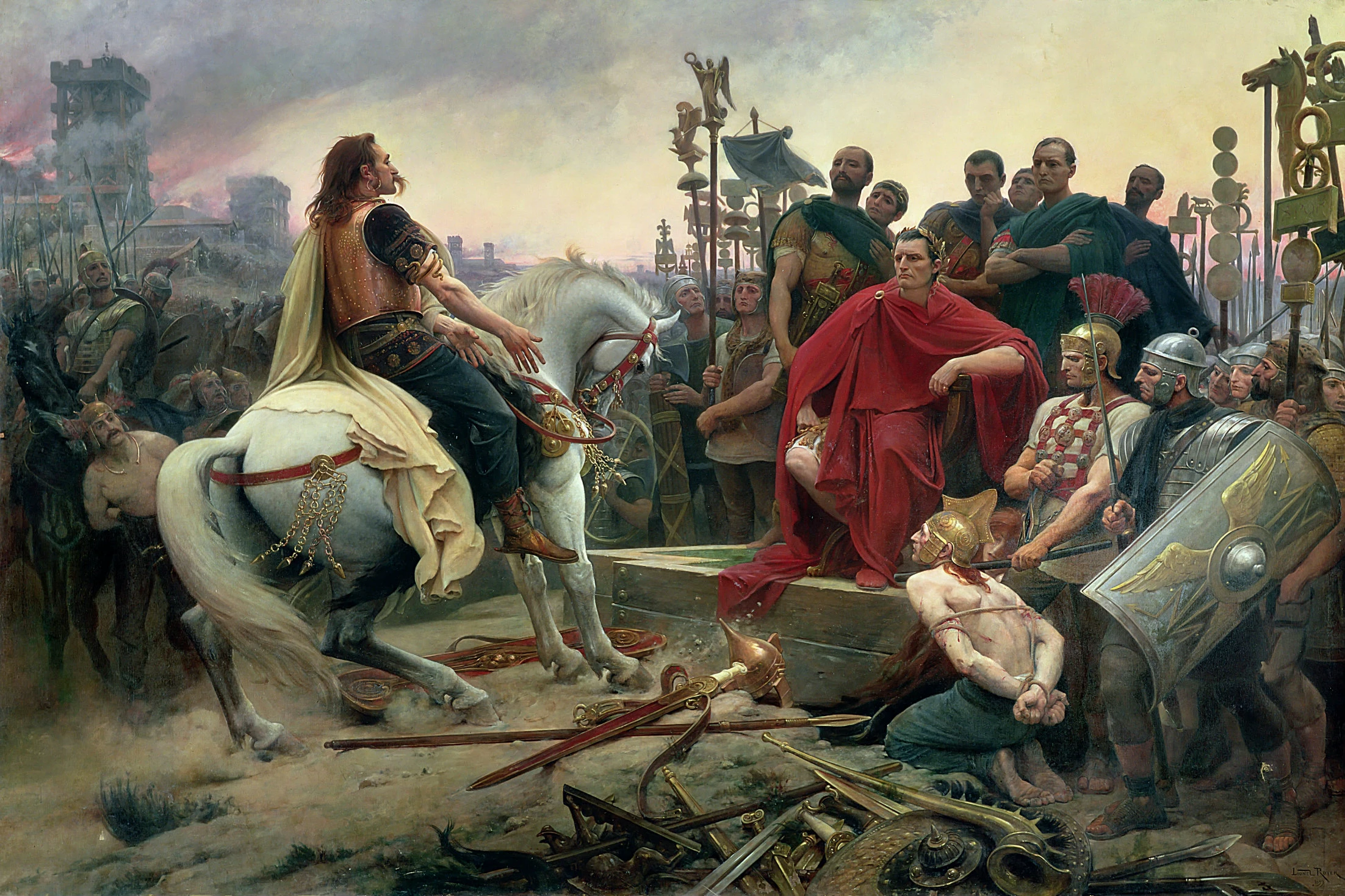
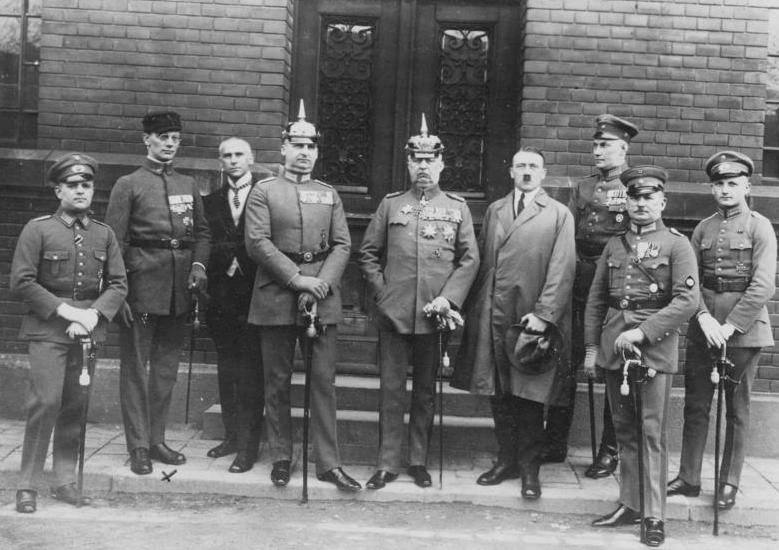
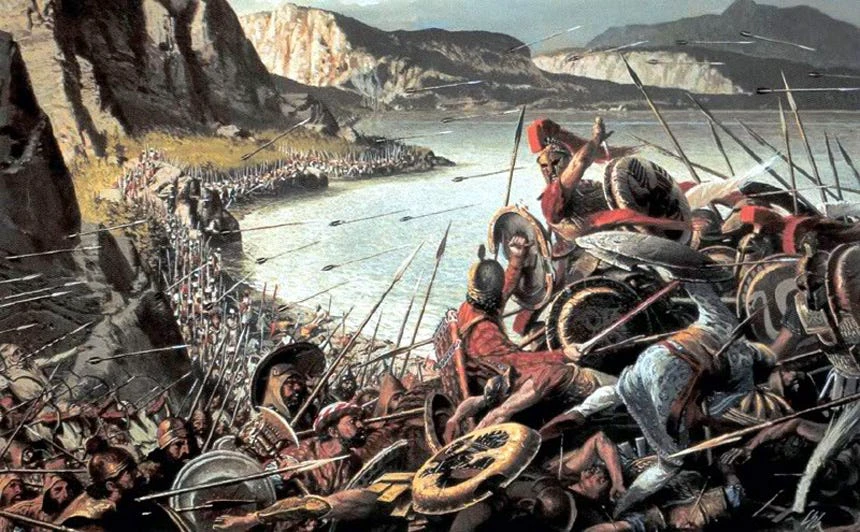
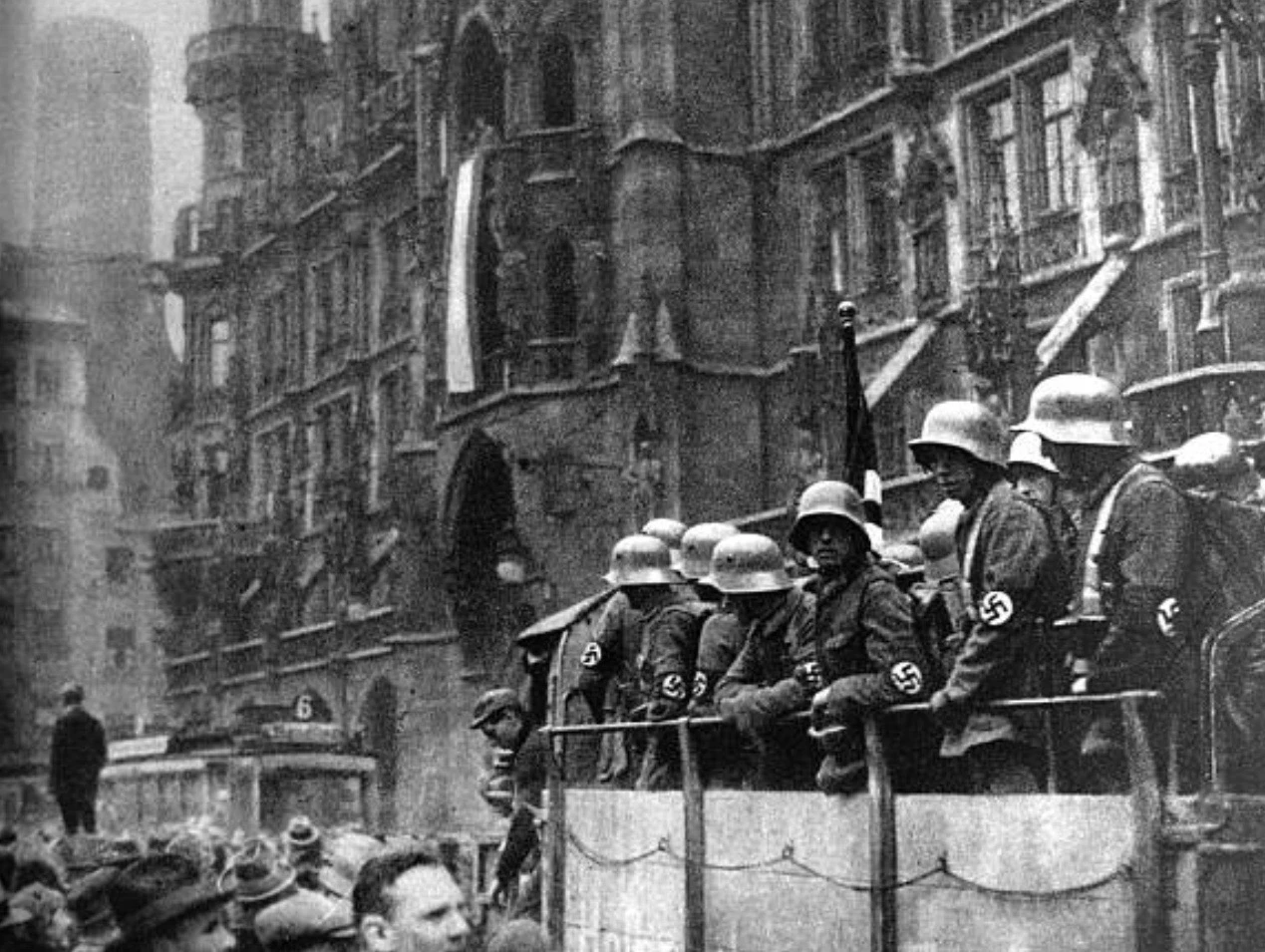
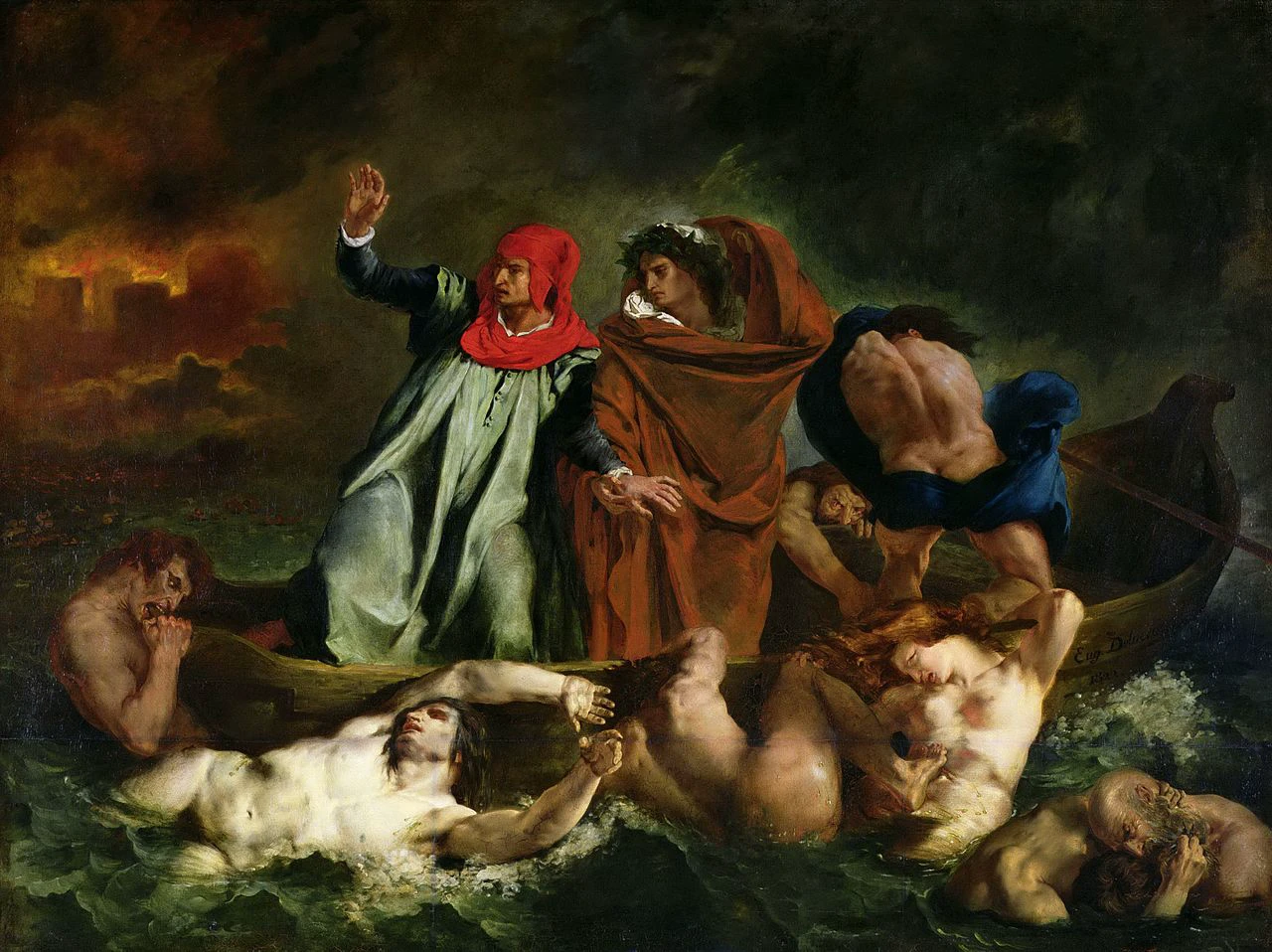
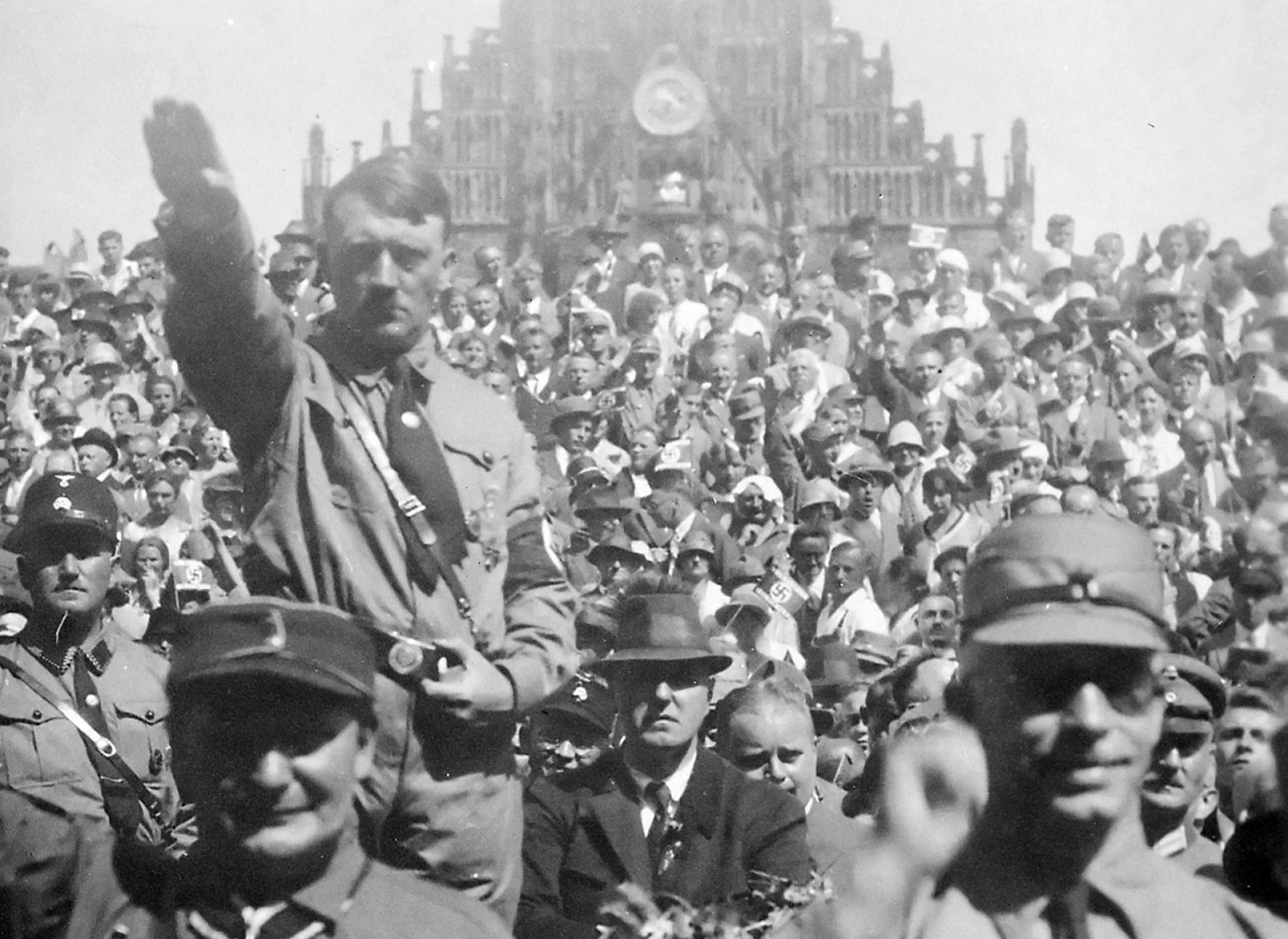
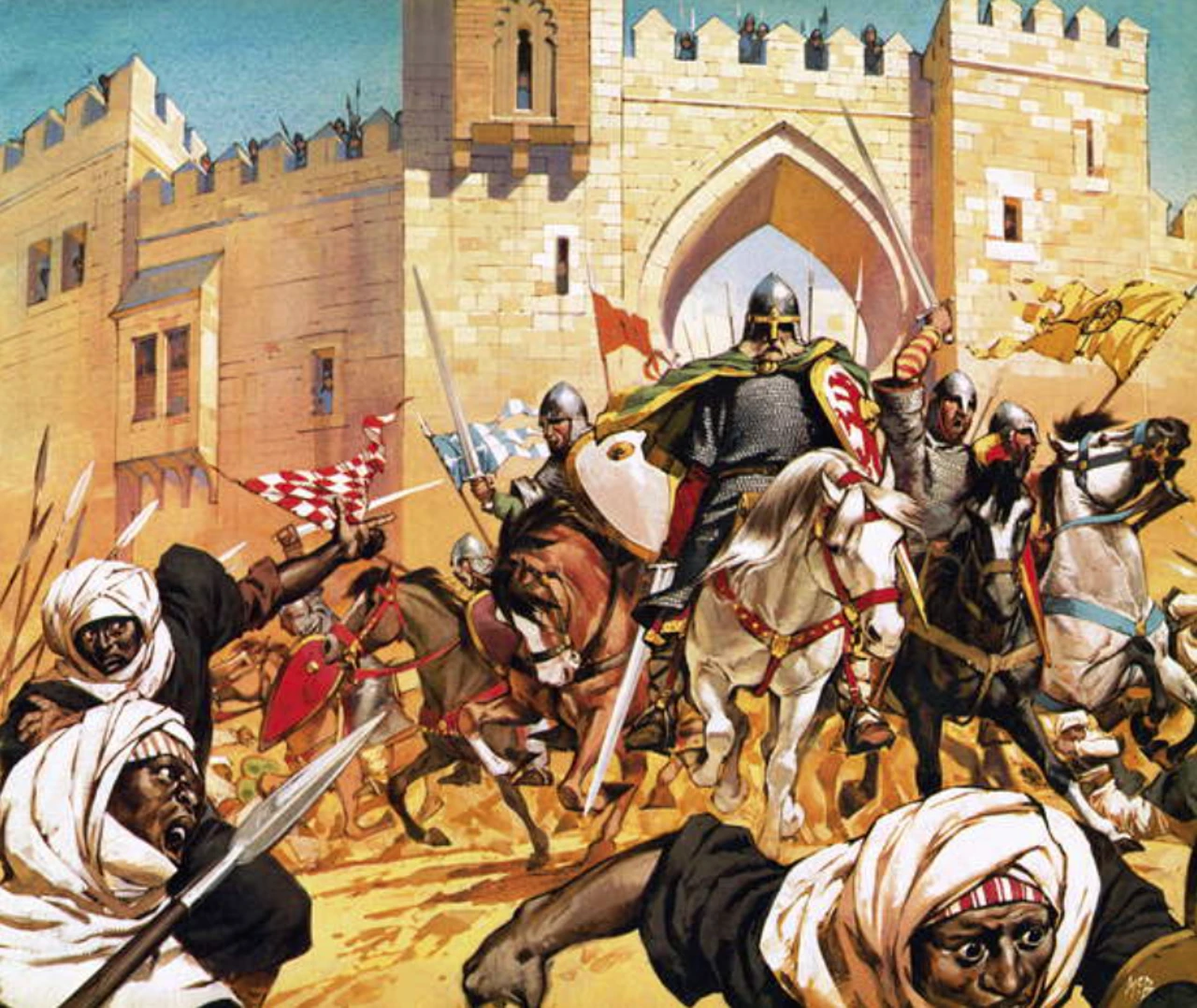
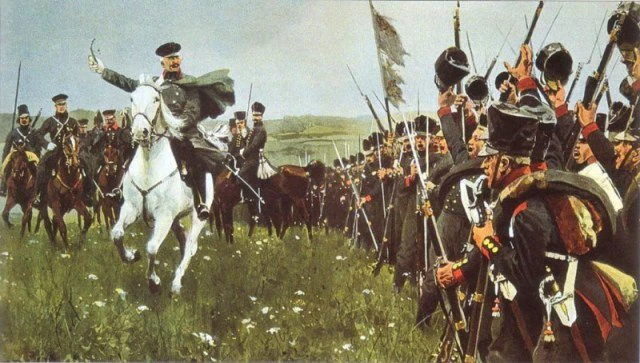
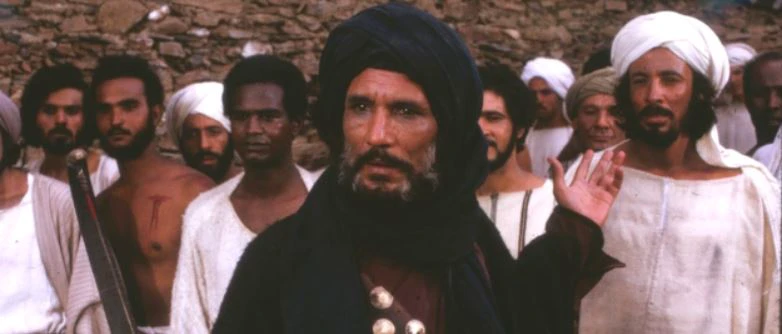

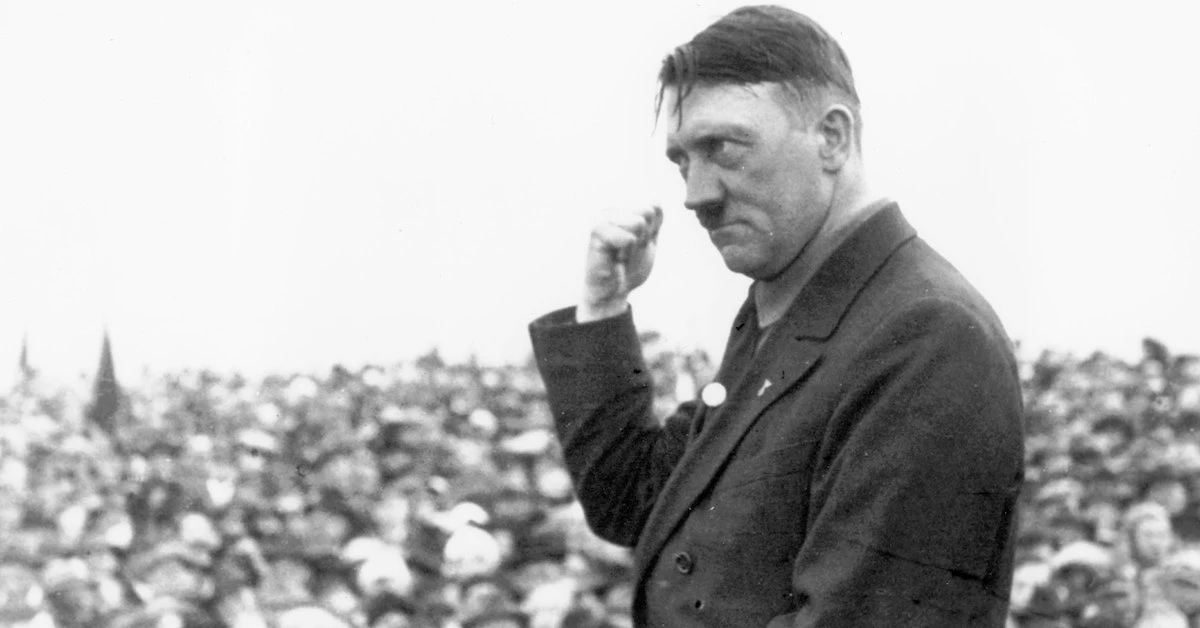
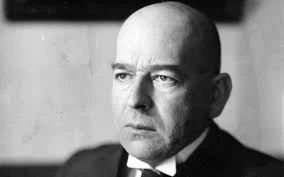
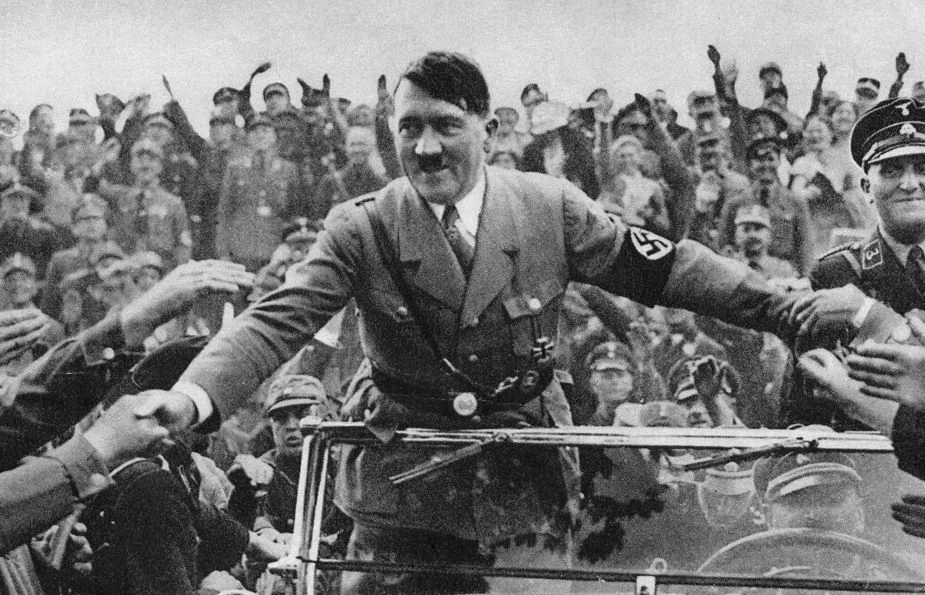
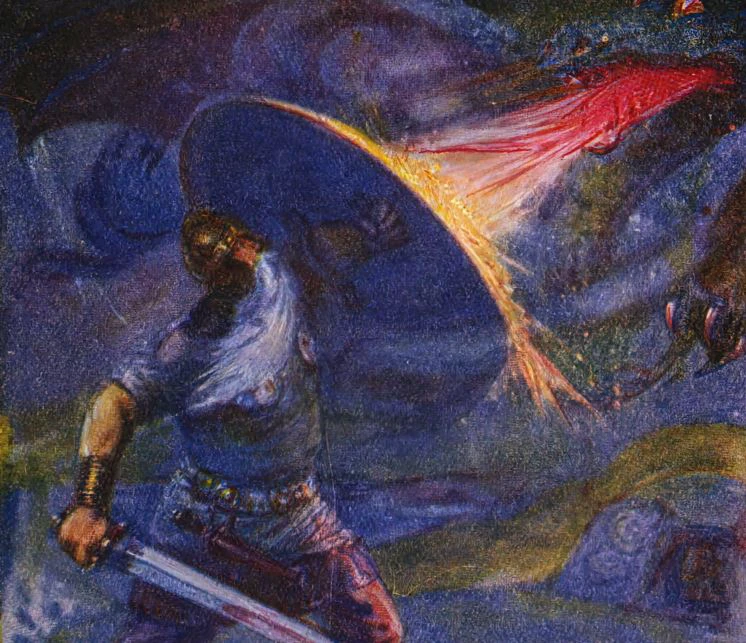
![Prussian Socialism Episode 24: Romania, Edge of Europe [featuring Jazzhands] Prussian Socialism Episode 24: Romania, Edge of Europe [featuring Jazzhands]](https://thumbs.odycdn.com/ed380ba850695ace44297463be150e98.webp)
